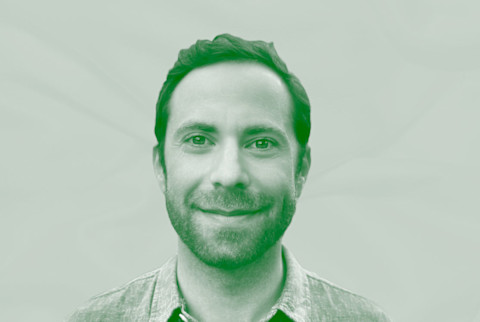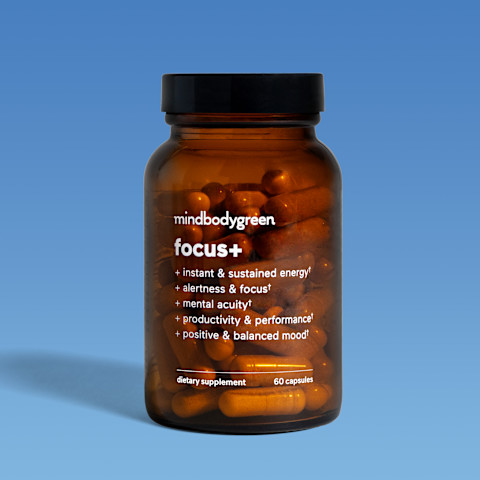This Is How Keeping Secrets Can Harm (& Sometimes Help!) Your Health

According to psychologist Michael Slepian, Ph.D., author of The Secret Life of Secrets, the average person keeps 13 secrets. By researching thousands of secrets through anonymous surveys (call him a professional secret keeper!), he compiled a list of 38 categories of secrets people commonly keep to themselves. "Ninety-seven percent of people have at least one secret from the list right now, and the average person has 13 secrets from this list of 38 at every given time," he says on this episode of the mindbodygreen podcast.
Not every secret has to be a huge, life-altering piece of information, but still, all these skeletons in the closet can become quite a burden. In fact, Slepian says keeping secrets can ultimately harm your well-being—while a very specific set of secrets can actually bolster your longevity. Below, find out whether the secrets you're keeping can enhance or hinder your health goals.
How secrets can harm your health.
When people keep secrets, they are generally trying to protect something, notes Slepian. So it makes sense why you might place a positive spin on keeping said secret in order to spare someone else's feelings, your own reputation, etc. However: "The average secret hurts our well-being," says Slepian. "The cost is greater than we think it is."
It's not the type of secret per se that is more or less harmful to your health—for example, it's not as if someone who has more than 13 secrets is struggling more than someone who keeps only three. "No particular secret necessarily is harmful to you," Slepian says. "When a secret is harmful to you is when you find yourself ruminating on it. When you find yourself stuck on it, and you find yourself unsure what to do or feeling ashamed." If your mind frequently wanders back over to that secret again, and again, and again, it can start to harp on your well-being.
Slepian has research to back it up: In a 2019 study, he found that constantly thinking about secrets can increase tiredness by evoking feelings of isolation1—and those effects can have consequences for task persistence and performance.
He also notes that if you're someone who keeps secrets as a way to deal with problems, you're likely not working on those problems in a productive way. "If you just push them away and you're too afraid of opening up, you're not having the conversations you need to be having to work on these things that you're keeping secret," he explains.
Social connection is so important for mental and physical health—research has even shown that being lonely can affect the immune response2—but by keeping secrets, you might never be able to fully break down that emotional wall.
How secrets can help your health.
OK, but technically there are times when keeping secrets can actually enhance your well-being. So what constitutes a "healthy" secret? According to Slepian, good secrets involve some sort of thrilling reveal—say, for example, if you're planning a marriage proposal or announcing an exciting life update to your family and friends.
The information will be discovered at some point, but you get to control the reveal, which is precisely why these secrets feel so good. "Because we have this clear expiration date set into the future [and] we're really planning how this information comes out, we feel really in control over our positive secrets. And this is a really healthy feeling," Slepian says. "When we feel in control of our lives, we live a healthier life. We are better at coping with life stressors3, people who feel in control live longer—it's a really fundamental feeling for health."
The takeaway.
Keeping secrets, even tiny, unassuming ones, may have a negative impact on your well-being—especially if you're constantly ruminating over the information. That's not to say everyone should become an open book (there's a difference between secrecy and privacy, Slepian notes), but know that if you do have a secret that upsets you, you don't have to carry the burden alone. Slepian affirms, "As isolating as it can feel to have a secret, we all keep secrets, and we all keep the same kinds of secrets."

